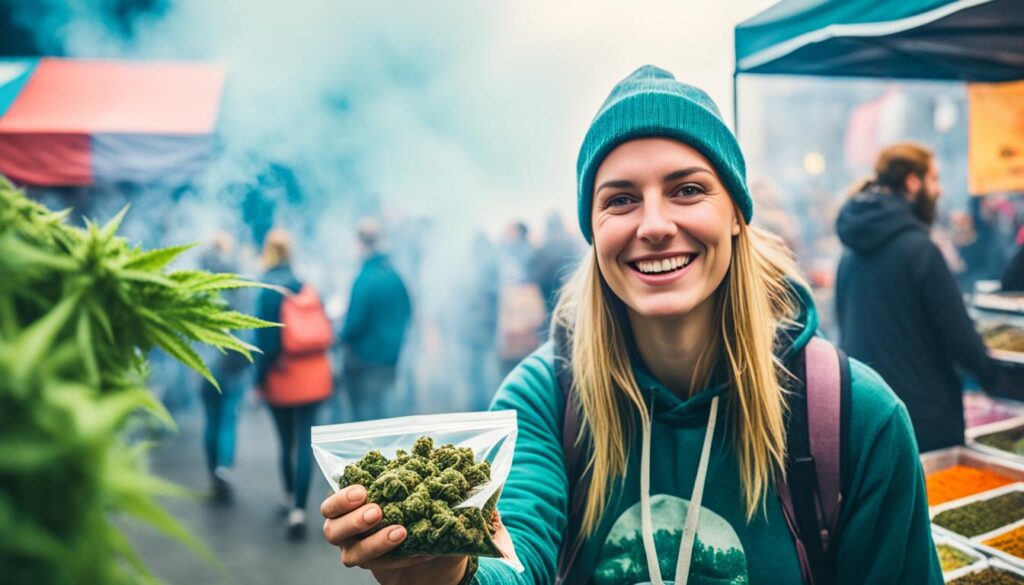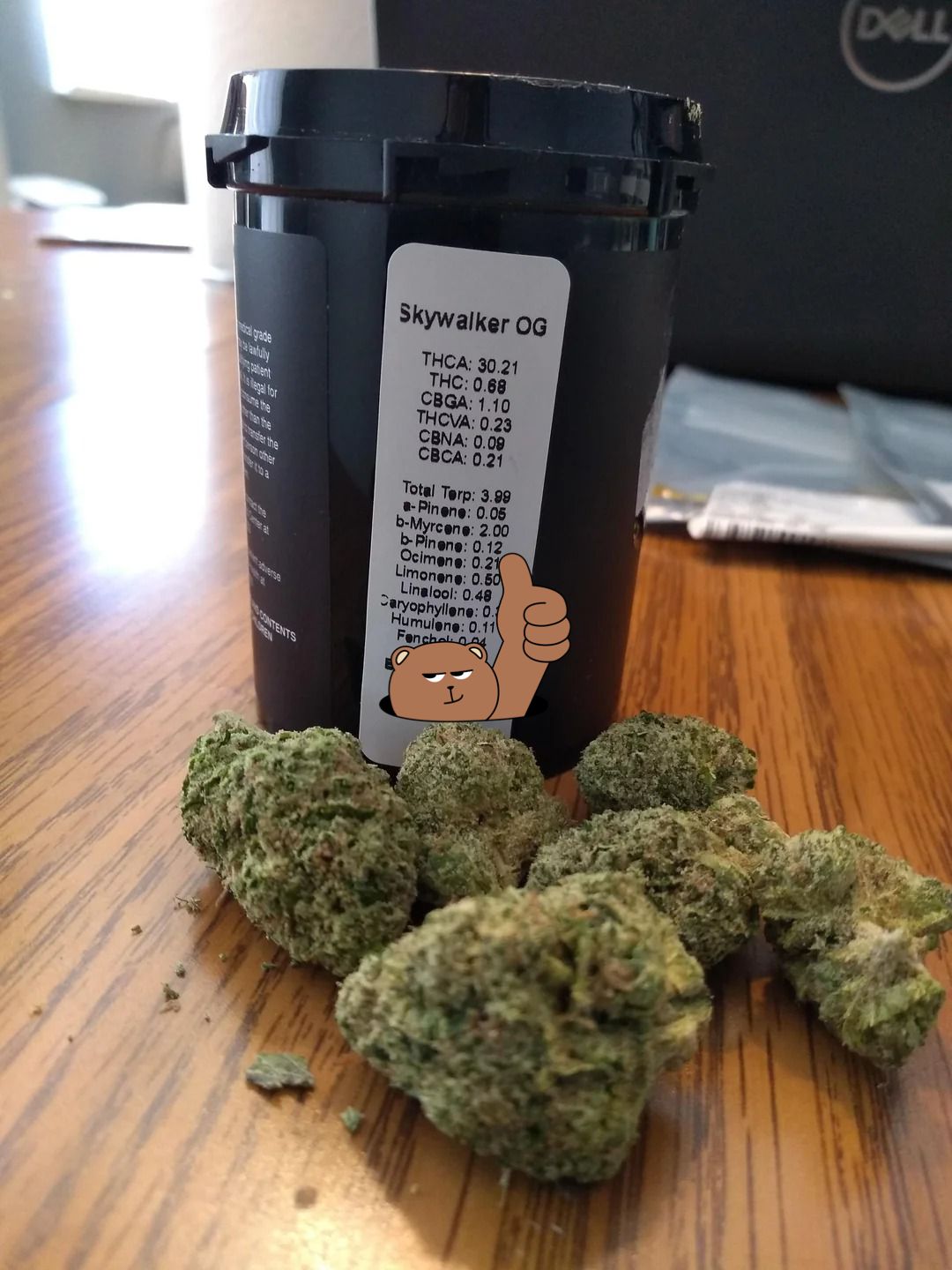Weed in Sincelejo: What Travelers and Curious Locals Should Know in Colombia’s Caribbean Interior

Sincelejo isn’t the Colombia you see on the postcards. It’s not the high-rise buzz of Medellín or the backpacker lanes of Bogotá. Sincelejo—capital of Sucre—feels hot, local, and proudly regional, with a pace shaped by daily life more than tourism. That matters because cannabis questions in places like Sincelejo aren’t really about “party culture.” They’re usually about curiosity, stress relief, sleep, or the assumption that Colombia must be relaxed about weed.
Colombia’s cannabis reality is more nuanced than most social media snippets. The country has a long history of decriminalizing personal consumption/possession within a “minimum dose” framework, while still treating commercialization and unlicensed distribution as illegal. (jied.lse.ac.uk) At the same time, Colombia has built a medical cannabis regulatory system (with laws and decrees that have expanded over the years), and very recently, it moved toward pharmacy access to medical cannabis flower under prescription through new regulation in 2025. (Ministerio de Salud)
This guide is written for real-world clarity—especially for visitors. It focuses on the legal landscape, medical access, cultural realities in a city like Sincelejo, safety and travel considerations, and legal alternatives—without providing tips for finding or buying illegal drugs/weed in Sincelejo.
Cannabis Laws in Colombia: The “Minimum Dose” and Why People Get Confused
A lot of travelers ask, “Is weed legal in Colombia?” The most accurate answer is: recreational weed is not legalized as a regulated market, but Colombia has a long-standing legal doctrine that treats possession/consumption for personal use differently than trafficking or sales. (jied.lse.ac.uk)
Here are the concepts you’ll see referenced most often:
- “Dosis mínima” (minimum dose): Colombian law has historically recognized a minimum personal-use threshold commonly cited as up to 20 grams of cannabis, linked to Colombia’s legal framework and court interpretations/weed in Sincelejo. (jied.lse.ac.uk)
- Personal cultivation: Many summaries also cite an allowance discussed as up to 20 plants for personal use, again rooted in constitutional jurisprudence and interpretation rather than a modern “legal recreational grow” program/weed in Sincelejo. (jied.lse.ac.uk)
- Commercialization remains illegal: Selling and distribution without authorization remains a serious legal line; “personal use tolerance” does not equal permission to buy/sell openly. (Cato Institute)
Important nuance: Colombia’s legal environment has shifted over time through constitutional reforms and court decisions, and enforcement can vary by city and circumstance. Academic and policy analyses describe Colombia as decriminalizing possession/consumption within thresholds, while still wrestling with how (or whether) to regulate adult-use markets more broadly. (jied.lse.ac.uk)
What This Means in Sincelejo: Law on Paper vs. Reality on the Street
Sincelejo is not primarily a cannabis tourism destination, and that changes how “weed reality” plays out.
In practice, three factors matter more than online claims:
- Visibility: Sincelejo is more local-facing than tourist-facing. Standing out—especially behaving oddly in public—can attract attention faster than in big nightlife zones.
- Misinterpretation of “decriminalized”: Decriminalized personal possession does not mean you can smoke anywhere, carry cannabis without consequences, or engage in transactions safely.
- Risk of escalation: Anything that looks like distribution, commercialization, or organized sourcing can move your situation from “administrative hassle” to criminal territory. (Cato Institute)
So if you’re visiting Sincelejo, the smartest way to think about cannabis is: avoid public drama, avoid anything transactional, and don’t let a legal nuance ruin your trip.
Public Consumption: Why Location and Context Matter
Even in places where personal possession is treated more leniently, public consumption can still create problems—because authorities, neighbors, or local norms may respond to “public order” issues.
There have been prominent discussions and reporting around Colombia’s courts and public-consumption restrictions over the years, reflecting a complicated push-pull between constitutional rights and local regulation. (Forbes)
In a city like Sincelejo, public behavior carries extra weight:
- Public parks, plazas, sidewalks, and busy neighborhoods are social spaces—families, workers, and older residents often share them.
- Complaints or conflict can come from locals even before police are involved.
- Smell travels in hot weather, and what feels “discreet” rarely is.
If you’re trying to stay low-risk, the best move is simple: don’t treat public spaces as your “private zone.”
Medical Cannabis in Colombia: The Legal Pathway (And the 2025 Shift)
Colombia is well-known internationally for building a medical cannabis framework over the last decade. A common starting point cited in legal discussions is Law 1787 of 2016, which was later regulated through Decree 613 of 2017 and additional resolutions that structured licensing, cultivation categories, and product oversight. (Lexology)
For years, public conversation often focused on oils, extracts, and the export-oriented side of the industry. What’s notable in late 2025 is reporting that Colombia authorized medical cannabis flower (dry flower) sales in pharmacies under prescription via Decree 1138 of 2025, described as a first for regulated pharmacy sales of finished flower for medical (and veterinary) use. (El País)
What this means for travelers and residents in practical terms:
- This does not legalize recreational cannabis. The policy is framed as medical, prescription-based, and regulated. (El País)
- Access is controlled. Pharmacy dispensing, authorized preparations, and compliance mechanisms are central to the approach described. (El País)
- Implementation may take time. Even when a decree is signed, real access depends on regulatory steps, supply chains, and pharmacy readiness—something reporting highlights as a challenge for patients. (El País)
If you’re visiting Sincelejo as a medical patient, the safest approach is to treat Colombia’s medical system as formal: documentation, prescriptions, and compliant channels only.
Can Tourists Easily Use Colombia’s Medical Cannabis System?
In most cases, no—not easily.
Medical programs are typically designed for residents within the health system and regulated prescribing channels. Even when a country allows medical cannabis, visitors often run into:
- Prescription compatibility issues
- Pharmacy system requirements
- Product availability constraints
- Language and administrative barriers
And there’s a big travel warning that applies beyond Sincelejo: cross-border transport of THC products can become legally complicated quickly. If you’re unsure, assume carrying THC across borders is a high-risk move.
Weed “Availability” vs. Travel Safety: Why Visitors Should Be Careful in Colombia
Even if cannabis seems “around,” travelers should think beyond legality. Colombia still deals with complex security dynamics where parts of drug markets can connect to criminal groups, exploitation, and violence—something policy and security research often emphasizes when discussing cannabis regulation and organized crime impacts. (Global Initiative)
Travel safety organizations also warn visitors not to get pulled into drug scenes because it increases exposure to scams, theft, and dangerous situations. (World Nomads)
For Sincelejo specifically, the smart traveler mindset is:
- Don’t chase “hookups” or strangers offering substances.
- Don’t treat cannabis as a tourist activity.
- Don’t put yourself in isolated situations to pursue something non-essential.
If your goal is relaxation, there are safer ways to get it.
Cannabis Quality Risks: What People Don’t Think About
When cannabis is not purchased through regulated channels, quality becomes unpredictable. Potential issues include:
- Contaminants (mold, pesticides)
- Misrepresented potency
- Adulteration or mixing with unknown substances
- Poor storage in hot climates
Hot, humid environments can worsen storage problems. From a health standpoint alone, “street” products are a gamble—especially for visitors with asthma, anxiety disorders, or low tolerance.
CBD and Hemp Products: A Cautious Note
Colombia’s cannabis industry has expanded in ways that include hemp/CBD discussions, but rules and product categories can be technical and change over time. Industry-facing compliance sources describe evolving frameworks for cannabis-derived products and commercialization pathways. (Cannavigia)
If you see CBD products:
- Stick to reputable retailers
- Avoid items making aggressive medical claims
- Be cautious with unclear labeling
CBD is not the same as THC, and effects are often subtle.
Legal Alternatives in Sincelejo: Ways to Unwind Without Legal or Safety Risk
A lot of people aren’t seeking cannabis specifically—they’re seeking calm, sleep, appetite, mood lift, or social ease. Sincelejo offers plenty of alternatives that don’t invite legal trouble or safety risk:
- Heat-friendly routines: early morning walks, shaded parks, slow afternoons indoors
- Coffee + local food culture: grounding routines that lower stress naturally
- Fitness and recovery: gyms, light cardio, stretching—great for sleep and anxiety
- Herbal teas and sleep hygiene: especially for travelers adjusting to climate and schedule
- Music and social spaces: choose venues that feel safe and reputable; don’t wander into sketchy scenes
In many cases, travelers feel better simply by sleeping well, hydrating, eating consistently, and avoiding nightlife chaos.
Harm Reduction: General Safety Guidance (Without Facilitating Illegal Use)
I can’t help with how to buy, find, or use illegal drugs. But if you’re looking at this from a health and safety perspective, these general principles reduce harm anywhere:
- Avoid mixing substances (especially cannabis + alcohol)
- Don’t drive or ride motorcycles/scooters impaired
- If someone panics: quiet place, slow breathing, hydration, reassurance
- Seek medical help for severe symptoms (chest pain, fainting, extreme confusion, danger to self/others)
And in Colombia specifically, avoid drug scenes entirely—travel safety guidance highlights how drug involvement can increase exposure to robbery and violence. (World Nomads)
FAQs About Weed in Sincelejo
Is weed legal in Sincelejo, Colombia?
Colombia has decriminalized personal possession/consumption within a “minimum dose” framework often cited as up to 20 grams, but recreational cannabis is not legalized as a regulated retail market, and commercialization remains illegal. (jied.lse.ac.uk)
Can you carry a small amount without consequences?
Decriminalization does not mean “no consequences.” Context matters, and anything suggesting distribution or public order issues can escalate. (Cato Institute)
Can you smoke weed in public in Sincelejo?
Public consumption can still create problems, even where personal use is treated more leniently. Local norms and enforcement context matter. (Forbes)
Is medical cannabis legal in Colombia?
Yes. Colombia has a structured medical cannabis framework built through laws and decrees (including Law 1787/2016 and Decree 613/2017) and has continued evolving. (Lexology)
Can you buy medical cannabis in pharmacies in Colombia?
In late 2025, reporting describes authorization for medical cannabis flower sales in pharmacies under prescription via Decree 1138 of 2025, expanding earlier frameworks focused on derivatives. (El País)
Does that mean recreational cannabis is legal now?
No. The 2025 pharmacy change is described as medical and prescription-based, not recreational legalization. (El País)
Is Sincelejo a cannabis tourism spot like other Colombian cities?
Not really. Sincelejo is more local and less tourism-driven, which can reduce anonymity and increase the practical risk of public issues.
What’s the safest advice for travelers?
Avoid drug scenes, avoid public consumption, and do not engage in transactions. Travel safety guidance warns that drug involvement can increase exposure to crime. (World Nomads)
References (Just 3 Outbound Links)
- NORML (cannabis policy and legal education): https://norml.org/
- Project CBD (cannabinoid education and research): https://projectcbd.org/
- Leafly (cannabis education, terminology, basics): https://www.leafly.com/
Conclusion
Sincelejo is best experienced the way locals live it: warm-weather routines, grounded social life, and a pace that rewards calm over chaos. Cannabis in Colombia sits in a complicated space—personal possession has been treated more leniently under the “minimum dose” doctrine, while commercialization remains illegal, and the medical system continues to evolve. (jied.lse.ac.uk)
In 2025, Colombia made headlines for expanding regulated medical access—reporting describes a framework that allows prescription-based pharmacy sales of medical cannabis flower—but that is a medical pathway, not a recreational green light. (El País)
If you’re visiting Sincelejo, the smartest choice is to keep your trip low-risk: skip drug scenes, avoid public consumption, and lean into legal ways to unwind. You’ll leave with what you actually came for—good memories—rather than legal trouble or safety problems that can follow you long after you fly home.

Skywalker product exceeded my expectations in both potency and purity, I really appreciated the discretion and professionalism in the delivery process , you can reach to him on Telegram t.me/skywalkerOG_1 and also there email realskywalkerog1@gmail.com
“Man, that skywalker OG you gave me last night was fire. Smoothest smoke I’ve had in months.”

Great service, easy to work with and I’m very satisfied. I’m so happy I found skywalker here. He is super responsive, on time and the quality of weed he sells are serious on point and top notch.